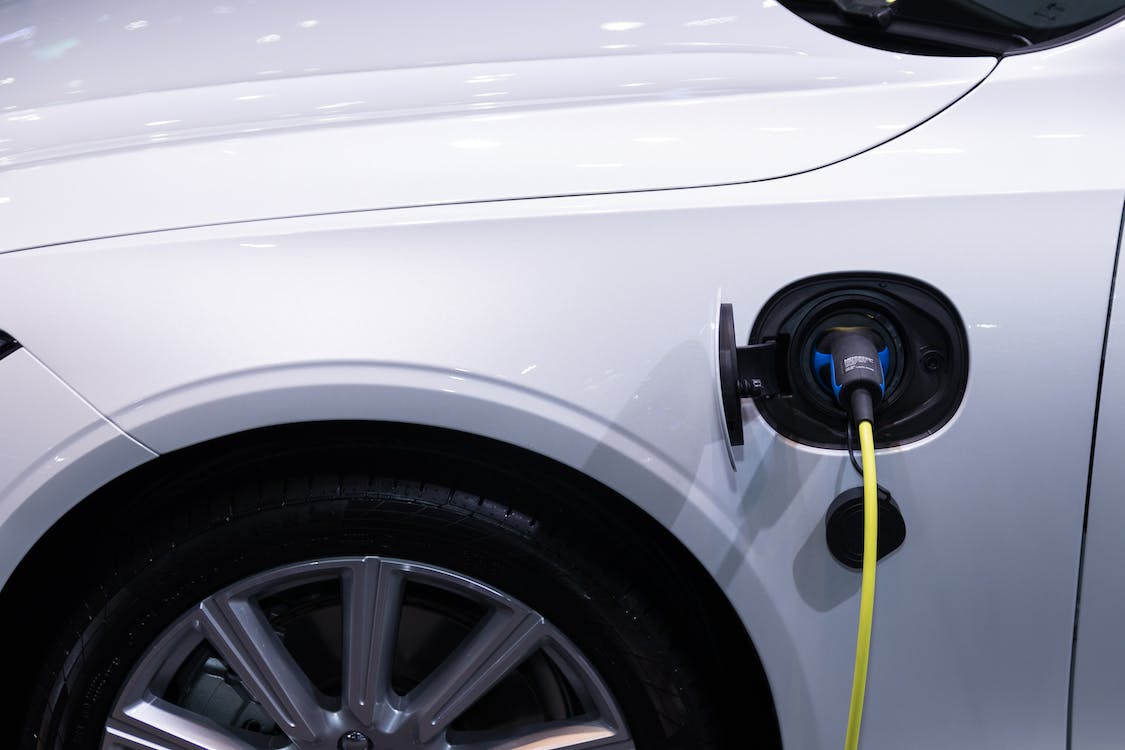
By Brittany Cotton
Electric vehicles (EVs) are automobiles powered by electricity rather than diesel or gasoline fuel. EVs use an electric motor powered by a battery pack that you charge by plugging the vehicle into an electric power source. EVs have been around for a long time, but their popularity is exploding as the technology improves, their prices decline, and their environmental impact becomes better understood.
How Do Electric Vehicles Overall Help Our Environment?
The following are some of how electric vehicles contribute to a cleaner, healthier environment:
1) Minimal air pollution
Traditional gasoline-powered vehicles are a significant source of air pollution, contributing to climate change and posing a health hazard to humans and the environment. The harmful emissions from these vehicles include nitrogen oxides, particulate matter, and other pollutants. On the other hand, electric vehicles produce zero tailpipe emissions, making them a much cleaner option for transportation.
2) Reducing greenhouse gas emissions
Since you charge them with renewable energy, electric vehicles emit no greenhouse gasses, even when considering the emissions from electricity generation. It is because electricity generated from renewable sources such as solar, wind, and hydroelectric power emits no greenhouse gasses.
3) Increased energy efficiency
Electric vehicles are much more energy efficient, converting a higher percentage of the energy from their batteries into forward motion. It means they travel the same distance but utilize less energy, reducing energy consumption and negative environmental impact.
4) Lower noise pollution
EV motors have less moving elements than gasoline engines; hence, they operate more smoothly, resulting in lower noise levels. Furthermore, traditional vehicles have an exhaust system that produces noise as it expels exhaust gasses, while EVs do not have an exhaust system, so no noise is associated with exhaust. In addition, some EV manufacturers have developed noise reduction technology that uses acoustic glass, sound-deadening materials, and other features to reduce cabin noise levels.
5) Reduced reliance on fossil fuels
Electric vehicles do not require using any scarce fossil fuels such as gasoline or diesel.
What you should know before purchasing an electric vehicle
1) Compatibility
Most EVs only operate on 120 volts of electricity, so if you live in a country that uses 240-volt (or higher) electricity, your EV will not work on your power grid.
2) Range
The distance the electric vehicle can cover on a single charge is known as range. Most modern EVs’ range is at least 100 miles, but some models can move up to 300 miles. It varies depending on the size of your battery pack, seating capacity, and speed at which your vehicle drives.
3) Battery life and warranty
The battery of your EV is a crucial component, and it’s essential to understand its life and warranty. EV batteries can last for many years but degrade over time, impacting the vehicle’s range. Most EV manufacturers offer battery warranties of eight to ten years.
4) Charging infrastructure
EVs require access to charging infrastructure to refuel. Before purchasing an EV, consider the availability of charging stations in your area and the vehicle’s charging period. It’s also important to note that public charging stations may have different charging speeds, and some may require a payment or subscription.
5) Cost
EVs can have a higher initial investment than traditional gasoline-powered vehicles. However, EVs can be more cost-effective over the vehicle’s lifetime due to lower fuel and maintenance costs.
6) Driving experience
EVs have different driving characteristics than traditional vehicles, including instant torque and regenerative braking. Testing an EV to ensure you are comfortable with the driving experience and any new features is essential.
Base-line
As EV technology continues to evolve and renewable energy sources become more widely available, the environmental benefits of EVs will only increase. Shifting to electric vehicles is essential for a more sustainable and ecologically conscious transportation system. We must continue supporting and encouraging EV adoption to help create a cleaner, healthier future for all.
Brittany Cotton is an article writer who focuses on health, well-being, and technology. In her free time, you can find her reading, relaxing, and trying new recipes.
